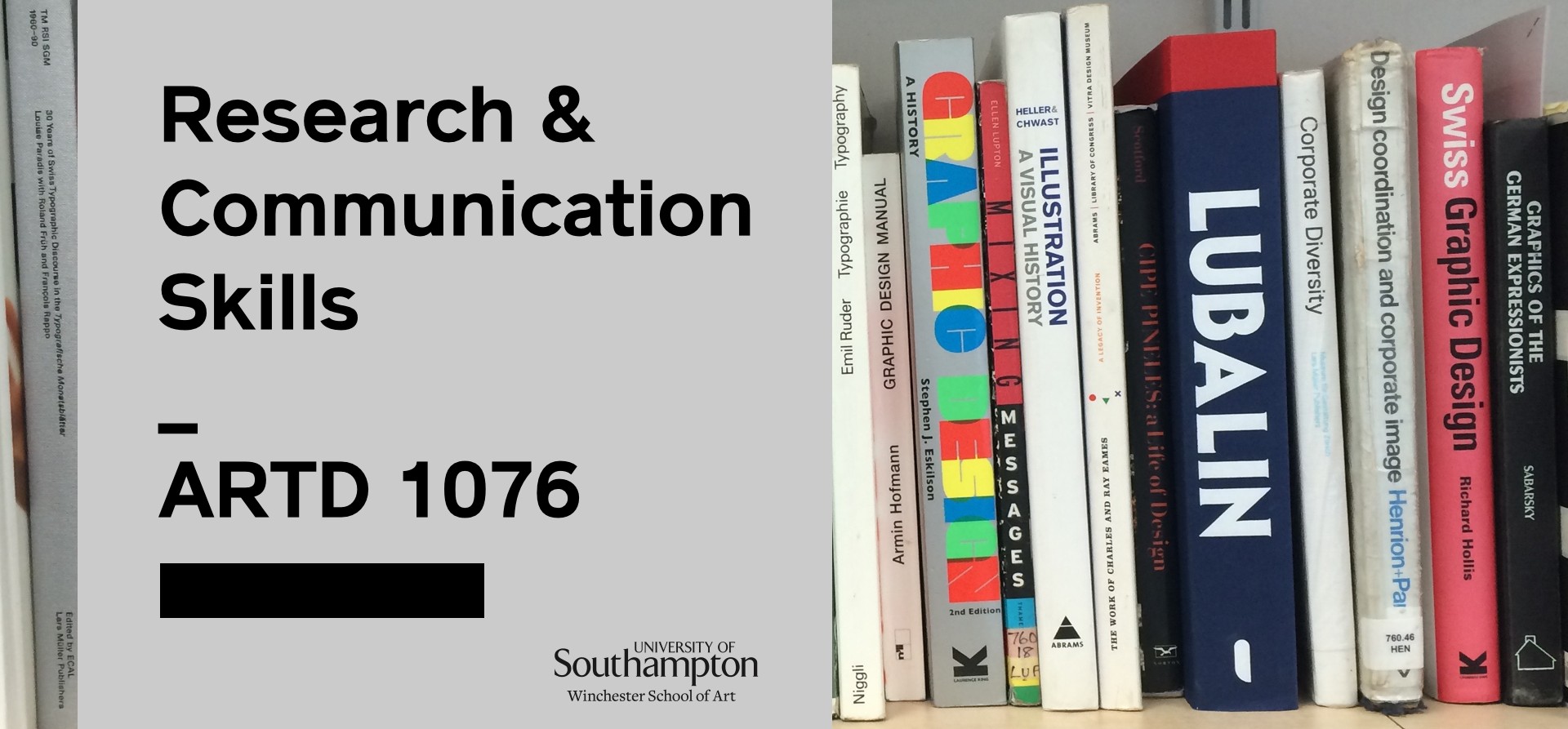Research and Communication Skills module helped me improving my analysing skills and critical thinking. As an art student, I am more confident and comfortable to express my idea with lines, colours and patterns. Therefore, I was panicking at the beginning and scared to type the tasks. Through the process, I gained more and more confidence in writing and thinking about each concept in depth.
The first task starts with a simple and easy content: Online resource. In the session, the lecturer explained distinctively about the difference between primary resource and secondary resource and what type of online source is reliable and what is not. For example, I used to do my research depending on Wikipedia, but from then on, I found myself hardly using it anymore and entirely collecting information myself, bit by bit from various places and compressing them into the essay. I’m gradually avoiding the chance of being lazy and just relying on Wikipedia, and it’s beneficially for future development on research skills.
Additionally, the visual research task extended the ability to select information and take the essence and explore. This exercise required a mood board containing the inspiration of the artist and chose one to investigate. It provides an opportunity to practice on my analysing skill; observing the picture conscientiously, considering the intention and discovering the hidden message.
Except for those practical based tasks, Academic Integrity and Ethics were the most essential and useful concept in this module. From the topic of Academic Integrity, I learnt how to use Harvard referencing to quote where each source comes from to meet the standard formatting of using other people’s work. On the other hand, Ethics gets me to think about the moral baseline of creating or presenting artworks. They’re both theory-based, and the tasks test on your critical thinking and expressing your own opinion. In contrast, one is about ensuring that you understand your copyright to protect yourself and others; the other one is about you understanding, and consciously thinking about what you are spreading and the impact that it may have on people.
“leave the best until last.” Reflective writing is the most challenging task overall. It’s the only topic that we have to analyse a chapter from a book and referencing with other books. It’s the most time-consuming task as well. It certainly pushed me to read other books and to use the WSA liberty as it’s difficult to find an online resource that’s relevant to the text. Although, I can’t deny I learnt more on this task than others: From reading it over and over again, prooving with other sources and criticising the context in-depth and structuring how to put different topics in order.
In conclusion, it was an utterly useful module while doing the studio works. It’s a good practice to absolutely digging out your personal opinion and construct them in a digital wording format. The fact that you have a small piece of writing to complete each week helps you to get used to working under a deadline and gain that sense of achievement each week whiles feeling stressful for other moduled, alternatively, leaving thing until the last minute to fall and learn how to manage the time and being organised.
